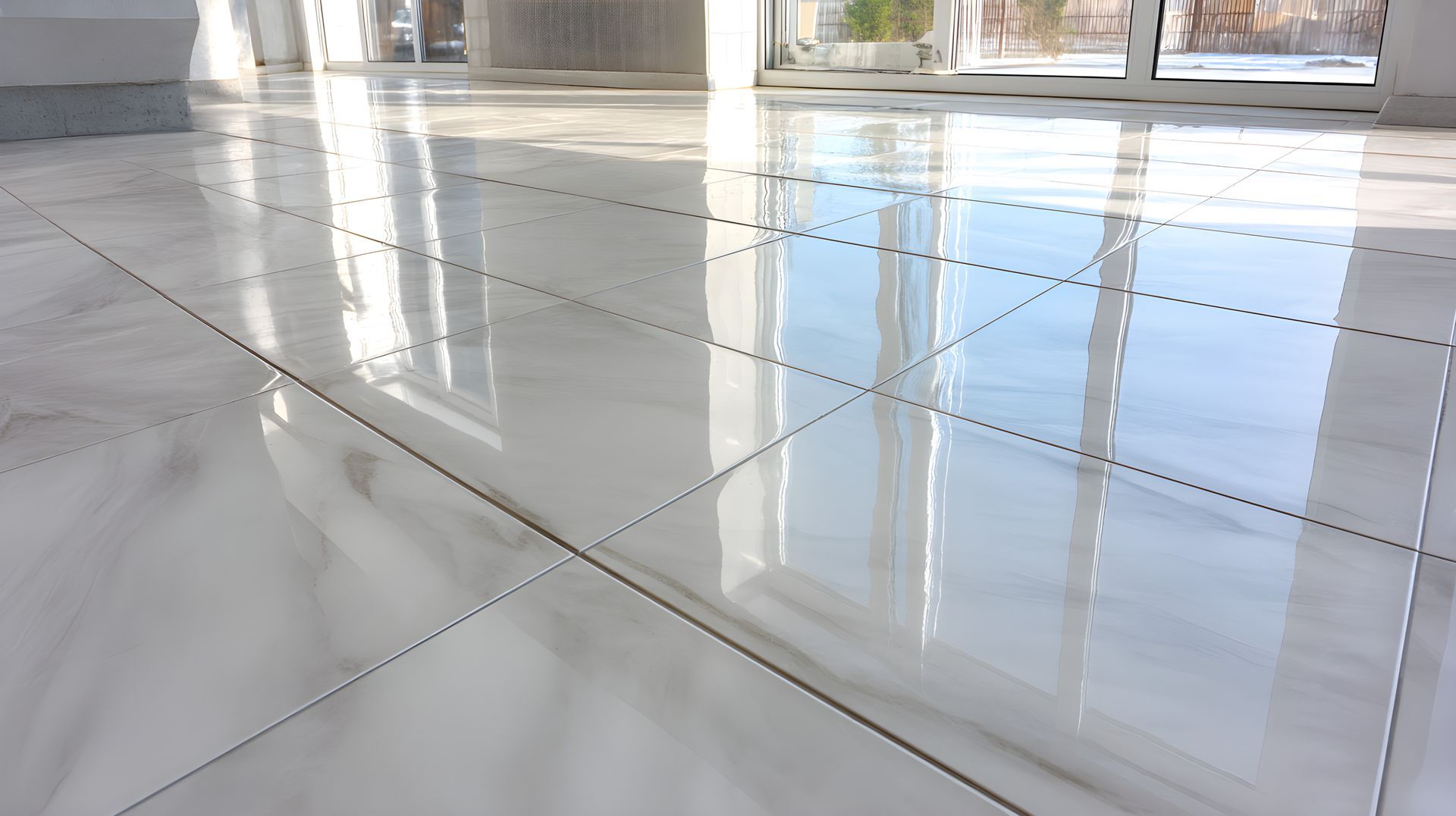When it comes to interior and exterior design, few materials can match the timeless beauty and durability of natural stone. Whether you're renovating your home, planning a landscaping project, or considering stone for any other purpose, selecting the right type of natural stone is crucial. With numerous options available, each with its unique characteristics and charm, making an informed choice is essential. In this guide, we'll explore the factors you should consider when choosing the perfect natural stone for your space.
Location and Use:
The first step in selecting the right natural stone is to determine where and how it will be used. Consider whether it's for indoor or outdoor applications. Different types of natural stone have varying levels of porosity and susceptibility to weathering, so choosing the appropriate stone for the intended use is vital.
Stone Types:
Natural stone encompasses a broad range of materials, each with its distinct appearance and properties. Some common options include:
- Granite: Known for its durability and resistance to stains and scratches, granite is an excellent choice for kitchen countertops and outdoor surfaces.
- Marble: Elegant and timeless, marble is often used in bathrooms, flooring, and decorative elements.
- Limestone: With a soft, rustic appearance, limestone is ideal for fireplace surrounds and outdoor paving.
- Slate: Known for its earthy tones and slip-resistant surface, slate is a great choice for outdoor walkways and interior flooring.
- Travertine: Its unique porous texture and warm hues make travertine a popular choice for both indoor and outdoor spaces.
Aesthetic Preferences:
Consider the overall design and aesthetics you want to achieve. Different stones come in various colors, patterns, and textures. Take into account the existing decor and architectural style of your space to ensure a harmonious blend.
Durability and Maintenance:
Assess the level of maintenance you are willing to commit to. Some natural stones require more upkeep than others. Granite and slate, for instance, are low-maintenance choices, while marble may require more frequent sealing and care.
Budget:
Your budget plays a significant role in your stone selection. Some types of natural stone are more expensive than others. While high-end options like marble can be luxurious, there are also affordable choices that mimic the look of pricier stones.
- Environmental Considerations: If sustainability is a priority, research the source of the stone. Opt for suppliers that adhere to ethical and environmentally responsible quarrying practices.
- Climate and Location: If you're using natural stone outdoors, take your climate into account. Freeze-thaw cycles and extreme temperatures can affect certain types of stone. Ensure the stone you choose can withstand your local climate conditions.
- Safety: Consider the slip resistance of the stone, especially for high-traffic areas or spaces prone to moisture. Certain finishes and textures can enhance safety.
Choosing the right natural stone for your space is a decision that should be made carefully, considering the unique needs and aesthetics of your project. By taking into account factors such as location, stone type, aesthetics, durability, budget, and environmental considerations, you can make an informed choice that will not only enhance the beauty of your space but also stand the test of time. Whether you opt for the classic elegance of marble or the rugged charm of slate, the right natural stone can transform your space into a work of art.


